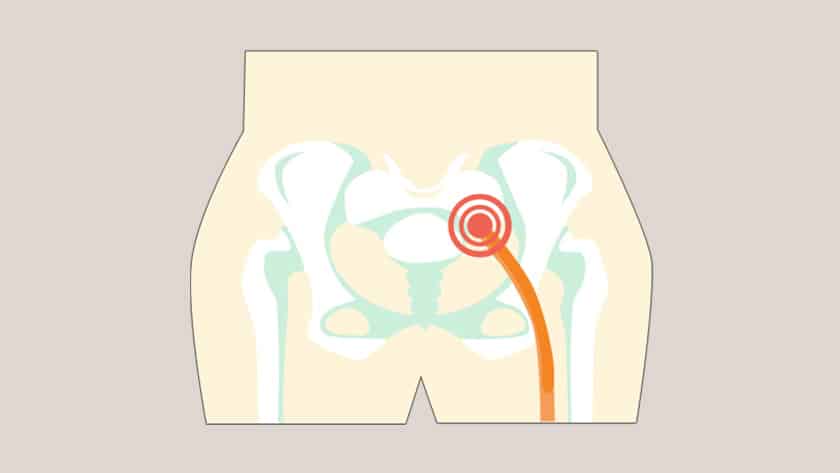
Sciatica refers to the irritation affecting the sciatic nerve, which branches from the lower back through the hips and buttocks extending down the end of each leg. Sciatic nerve pain commonly affects only one side of the body.
Still curious? Click here to find more about what sciatica is.
Medical Treatment for Sciatica
Several types of medications are available for sciatic pain. Oral medications include pain relievers such as acetaminophen, aspirin, ibuprofen, and naproxen. Doctors may also prescribe muscle relaxants to ease muscle spasms.
- Oral medications
- Physical therapy
- Alternative therapies
- Surgery
Oral medications
Over-the-counter pain killers such as acetaminophen, aspirin, ibuprofen, ketoprofen, or naproxen may be enough to ease the pain. Doctors may also prescribe muscle relaxants, antidepressants, or more potent pain relievers if the sciatic pain is severe.
Physical therapy
A specialist may recommend proper exercises depending on what’s causing sciatica. These exercises can provide conditioning to help prevent the pain from coming back.
Alternative therapies
Some find relief by undergoing biofeedback and acupuncture.
Surgery
Surgery is a very seldom option to treat sciatica. If the pain persists for at least six weeks despite treatment, a specialist may suggest surgery to correct what triggers the sciatic pain.
Still curious? Click here to find more medical treatments for sciatica.
What do the experts say?
Dr. Mosab Deen notes that CBD could be an ideal treatment for sciatica.
Medical studies suggest that CBD is a viable option for treating sciatica.
